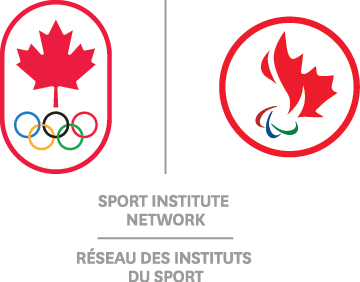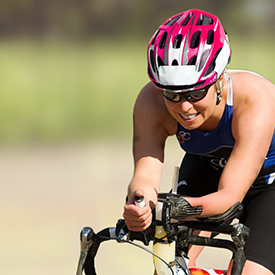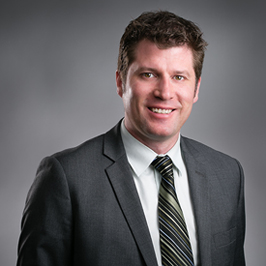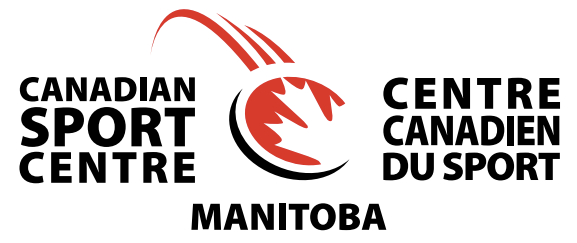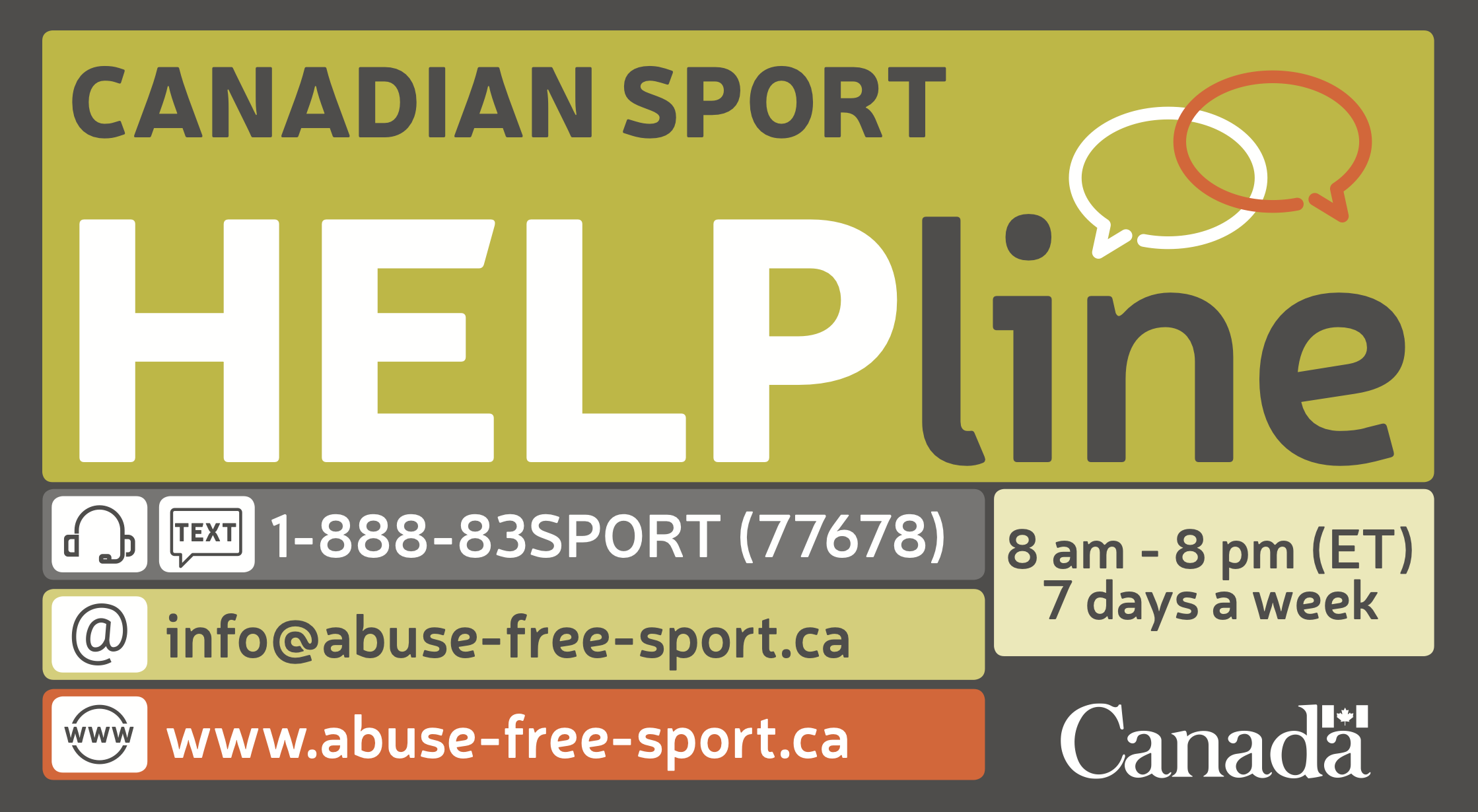Detraining, What to do in the off season & Transition to life after sport
April 24, 2018 Athlete Session
Panel, moderated by Jeff Powell
[bs_row class=”row”]
[bs_col class=”col-sm-6″]
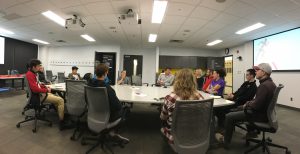 [/bs_col]
[/bs_col][bs_col class=”col-sm-6″]Panellists:
Jorie Janzen, Director of Sport Dietetics
Kyle Turcotte, Director of Physical Preparation
Dr. Adrienne Leslie-Toogood, Director of Sport Psychology
Jérémie Chase, Sport Science Assistant
Adam Decker, Performance Science and Talent ID Leadt[/bs_col]
[/bs_row]
Key take aways from the panel
[bs_collapse id=”collapse_dba3-4a56″]
[bs_citem title=”You’re NOT alone” id=”citem_a7b0-a406″ parent=”collapse_dba3-4a56″ open=”true”]
Regardless of what stage you’re in, what challenges you’re having, chances are that someone else has been through it
Unsure where, or how, to find resources and people to talk to? Contact CSCM at asm@cscm.ca and we’ll help you find the resource/person appropriate for you.
[/bs_citem]
[bs_citem title=”Self-care is important” id=”citem_6473-0792″ parent=”collapse_dba3-4a56″ open=”false”]
Dealing with stress
- Where able, be proactive, in addition to being reactive
- Dealing with stress is both an “art & science” in regards to judging when it is appropriate to push an athlete and when it is not
- There is a fine balance between loading stress and removing stress
- What to do, how to react, can depend on the cause of the stress
“Date Yourself” – “Everywhere you go, there you are”
- Self-awareness is important
- Become connected with yourself
“It’s okay to feel like crap”
- Celebrate – regardless of if you win or lose
- Remember – “Failure is a necessary part of this journey”
- Understand why you are doing this – ask yourself “what makes my heart sing?”
[/bs_citem]
[bs_citem title=”Engage in mindful eating” id=”citem_158f-fc2b” parent=”collapse_dba3-4a56″ open=”false”]
What’s your relationship with food?
- As an athlete you fuel for performance, after sport fuel for health & wellness
- Be aware of your caloric needs
- Food is…
- nourishment
- emotional
- cultural
[/bs_citem]
[bs_citem title=”Treat big breaks in training similar to retirement & vice versa” id=”citem_6ff5-26ff” parent=”collapse_dba3-4a56″ open=”false”]
Address immediate injuries
Correct any anatomically imbalances you may have
- Some imbalances are acceptable for sport, however not necessarily for life
Fill the void – fill the energy demand
- Continue with main sport, however taper – decrease the volumes & intensities
- Try a new activity
Know your goals – decide what you want to do
Training load quantity – cutting cold turkey vs decreasing gradually
- While there is minimal research regarding this, there is lots of anecdotal advise
[/bs_citem]
[/bs_collapse]
[bs_row class=”row”]
[bs_col class=”col-sm-6″] [/bs_col]
[bs_col class=”col-sm-6″]
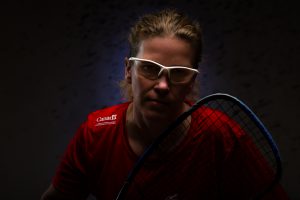
On school, sport balance, “do super well in school, even if it’s just a little bit at a time and not a full course load.” – Jen Saunders, 2015 Pan American Game Medalist
[/bs_row]
